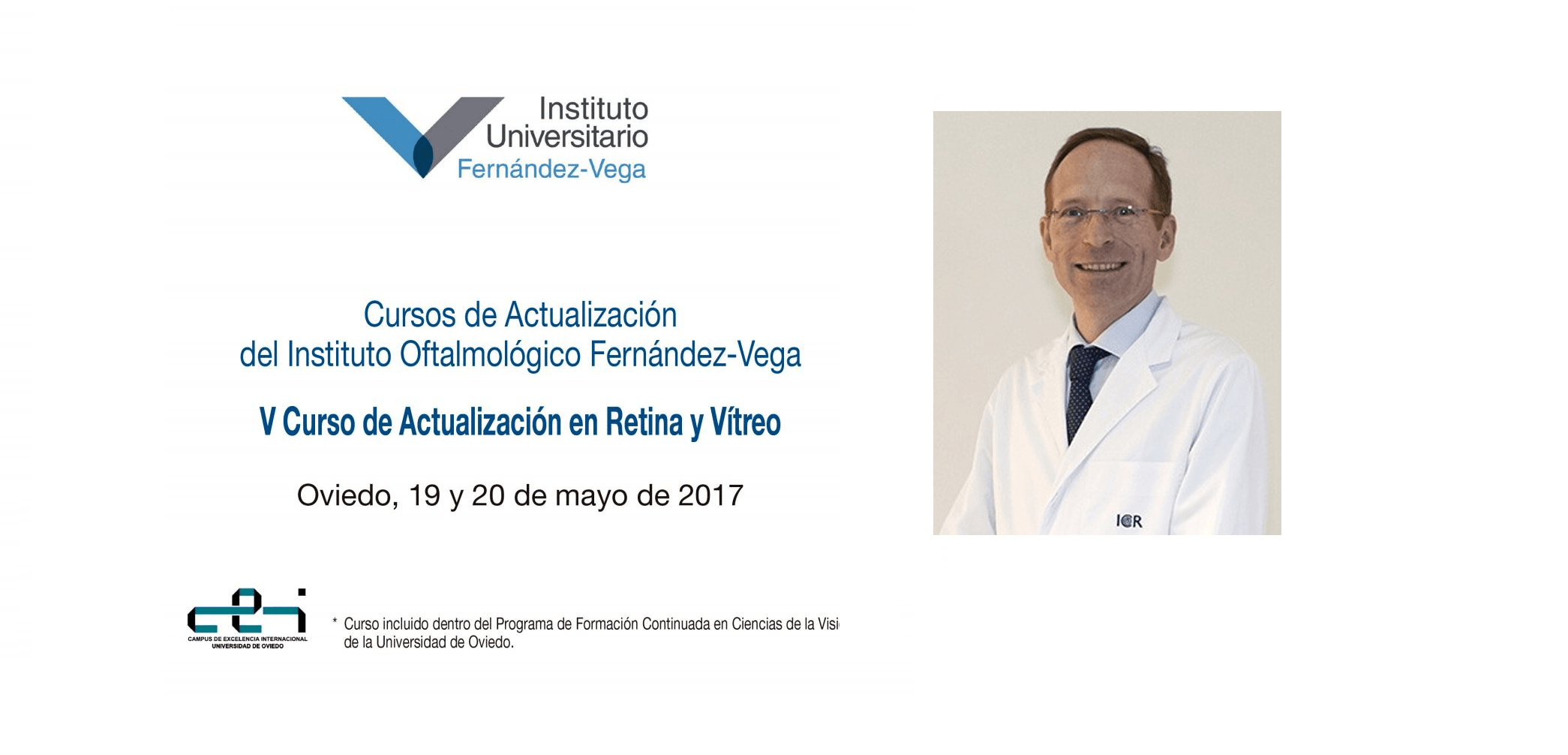
On May 19th and 20th, Oviedo will play host to the V Professional Development course in Retina and Vitreous at the Fernández-Vega Institute.
At midday on Friday 19, as part of the course, Dr. Ignasi Jürgens, Medical Director at the ICR and head of its Retina and Vitreous Department, will give a presentation on the current state of the illnesses that patients with high myopia present in the central retina (the macula), and analyse the effects, complications, handling and treatments. The presentation will include the use of new diagnostic technology such as OCT and its use during surgery.
High or pathological myopia
Myopia is normally characterised by an elongation of the eyeball that causes images to be focused in front of the retina, causing far objects to appear blurred. In cases of very high myopia, known as myopia magna or pathological myopia, not only does the eyeball stretch, especially the posterior structures but, also, the retina thins and its different layers become torn.
Myopia magna is a progressive disease, which develops slowly and often without symptoms. In developed countries it represents a major cause of legal blindness due to the effects and eye problems which it causes. These effects include papillary or peripapillary irregularities, myopic retinoschisis, foveal detachment, myopic macular hole and even detached retina as a result of the myopic macular hole and loss of the nerve fibre layer.
Diagnosis and treatment
Dr. Jürgens will also speak about the use of Optical Coherence Tomography (OCT) for the diagnosis of these effects, which allows for progress to be detected in patients that do not show symptoms and to find anomalies in patients that do present them, but in which no changes have been found in the ocular fundus analysis.
In addition, we discuss possible surgical techniques suitable for treatment of eye diseases linked to myopia magna.

Contact us or request an appointment with our medical team.